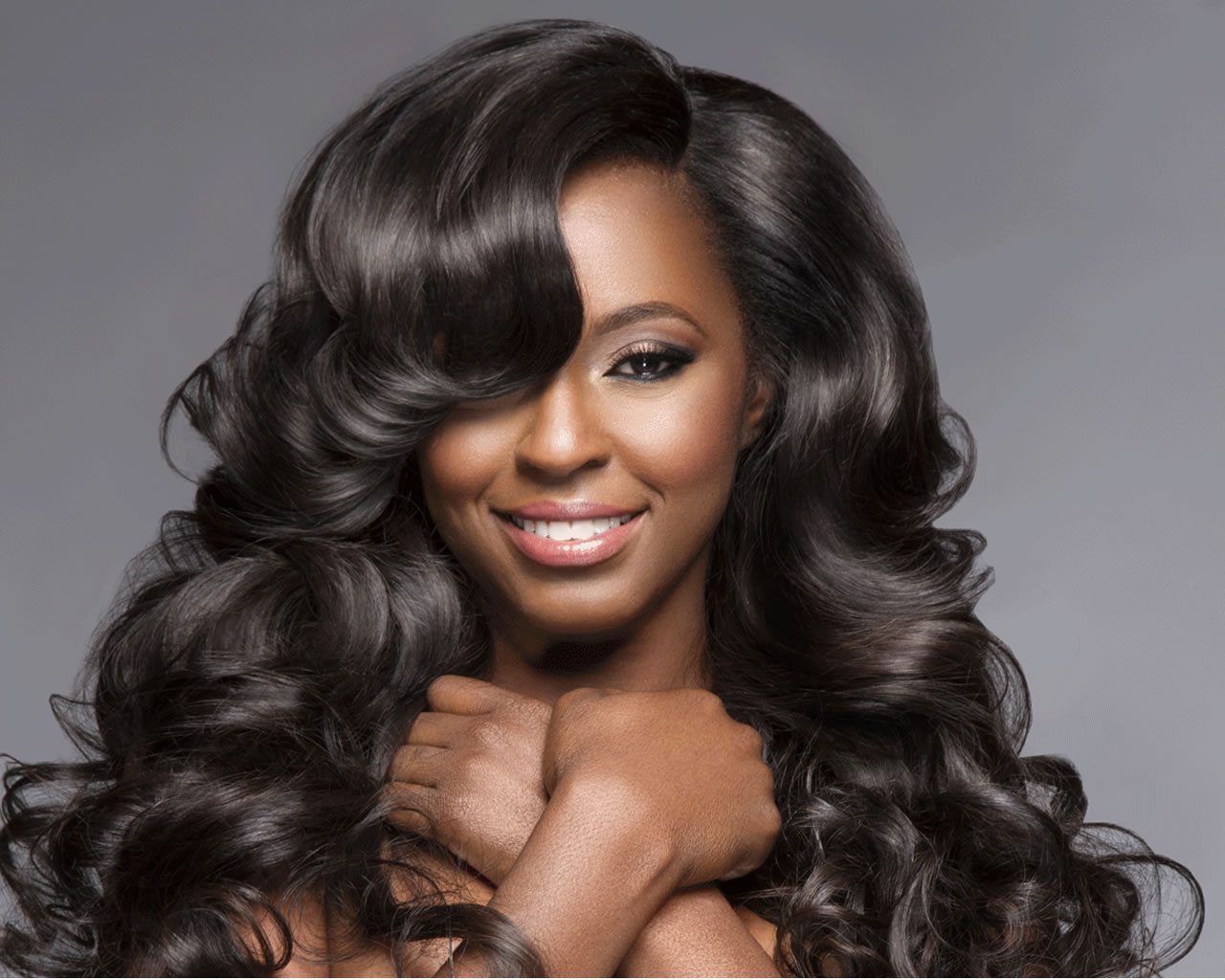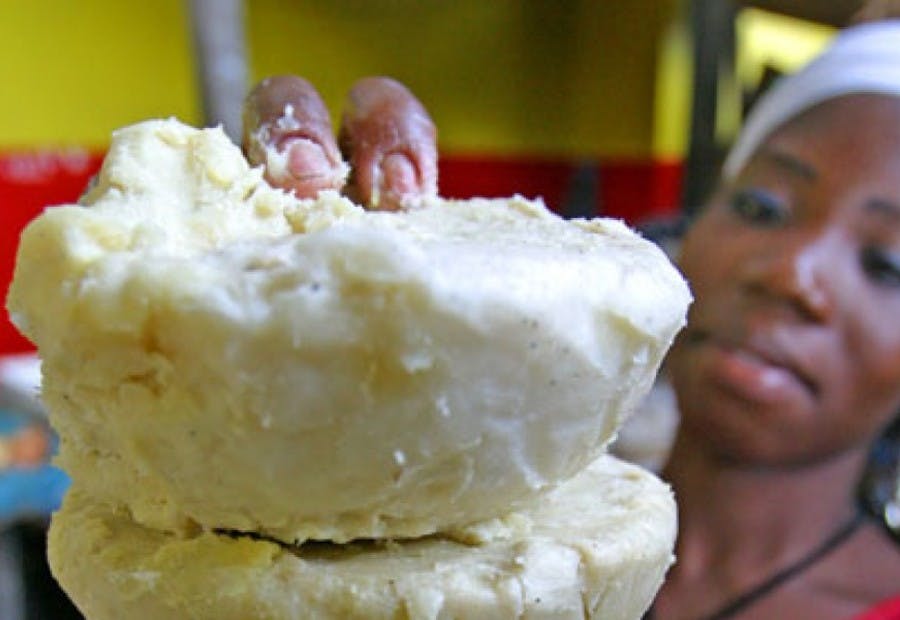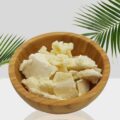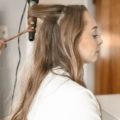According to a Redbook poll, 74% of women say a bad hair day makes them feel less confident. So, when your hair is in good shape, it undoubtedly looks better, and the chances of that happening are far less likely— or at least less frequent.
The challenge is your strands are constantly prone to hair damage: dullness, thinning, dryness, breakage, frizz, and more. With all these potential strand stresses, it’s no surprise that having healthy hair requires effort to keep it looking lush. And while there isn’t a secret shortcut to healthier hair, taking time to keep strands strong is worth the commitment. With small tweaks to your routine, maintaining great hair can be effortless.
What is shea butter?
Shea butter is a seed fat that comes from the shea tree. The shea tree is found in East and in West tropical Africa where Nigeria accounts for a significant percentage. The shea butter comes from two oily kernels within the shea tree seed. After the kernel is removed from the seed, it is ground into a powder and boiled in water. The butter then rises to the top of the water and becomes solid.
Nigerian Grade A Premium Raw Shea Butter is one of the highest grade premium, pure and unrefined products. A sure test of the originality of shea butter is its texture. When you buy shea butter, you can take a small amount and check out the texture. Original shea butter should be very creamy when it comes in contact with the skin.
Prevent hair breakages
Hair breakage can happen for a variety of reasons, including specific hair products, diet, and stress. People can experience hair breakage that affects all types of hair from straight to curly. It can make hair look frizzy or coarse either at the ends or near the top, or crown, of the head.
In most cases, hair breakage is temporary, and people can repair their hair, detangle hair and restore its strength by using products and home remedies like shea butter. Shea butter hasn’t been studied specifically for its ability to make hair stronger. But one 2017 study found that a chemically similar West African plant made hair significantly more resistant to breakage.
Treatment of dandruff
Dandruff affects up to 50% of people. An itchy scalp and flakiness are the hallmark signs of this condition, but it may also cause other symptoms like greasy patches on the scalp and tingling skin. Underlying causes of dandruff include dry skin, seborrheic dermatitis, sensitivity to hair products, and the growth of a specific type of fungus that lives on the scalp. While there are plenty of over-the-counter products designed to treat dandruff, natural remedies like shea butter can be just effective.
One way to treat dandruff (atopic dermatitis) is to restore moisture to your dry and irritated scalp is by using shea butter. One 2018 review found that shea butter when used in combination with other moisturizers, could help decrease dandruff flakes and reduce the risk of flare-ups.
Can help soothe and prevent scalp Itching?
Apart from dandruff, an inflammatory skin condition called seborrheic dermatitis can also cause an itchy scalp. Seborrheic dermatitis can be the result of stress, seasonal changes, fluctuating hormones, or an overgrowth of yeast on the skin. Shea’s anti-inflammatory properties help soothe skin and relieve itching. This may prove especially helpful for inflammatory skin conditions. Shea also absorbs rapidly, which could mean quick relief for flare-ups. Research even suggests that shea butter could work just as well as medicated creams. SEE: How Long Does It Take For Shea Butter To Work?
Shea Butter Side Effects & Precautions
Shea butter is considered safe by the FDA for oral consumption in the amounts naturally found in foods. Topical application is also safe and well-tolerated. As previously mentioned, there are several types of Shea butter, depending on the quality of the product: Classes A, B, C, and F, listed from the highest quality to the lowest.
Class A raw butter doesn’t have any side effects. On the other hand, refined shea butter is processed with many chemicals, some of which may be harmful to health, like n-hexane. N-hexane is a substance used for extracting shea butter from its kernel. When ingested in small proportions, n-hexane can cause drowsiness, fatigue, loss of appetite, muscle weakness, and headaches. Although shea butter may be edible in its natural form, it is normally applied directly on the skin, like a cream. Generally, shea butter is an ingredient in beauty products like soaps, cosmetics, creams, cleansers, and ointments.






